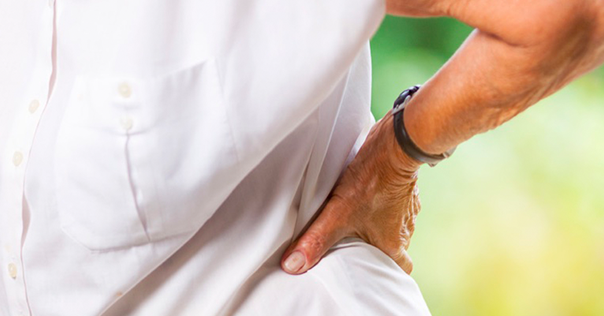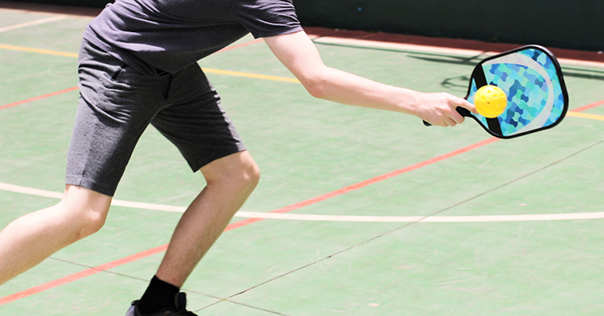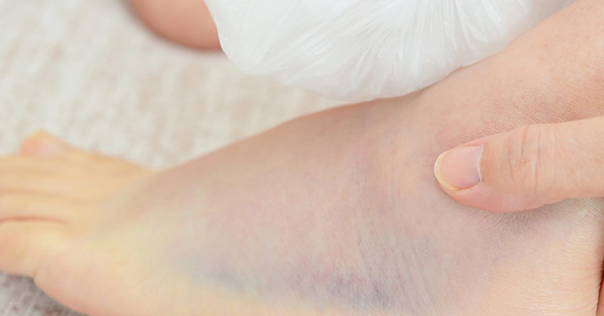Hip Gluteal Tendinopathy
I’m starting to notice some dull achy pains on the side of my hips whenever I got up and down stairs or ramps when I walk for long distances and even when I squat. Sometimes I even wake up with the same pain. What’s going on?
Protecting Young Athletes: Early Detection & Treatment of ‘Growing Pains’
Growing pains encompass a range of injuries that occur in the bones, tendons, and muscles of young athletes during periods of rapid growth. These conditions often involve the interaction between the growing bone and the surrounding soft tissues. When young athletes engage in activities such as running, jumping, or kicking, the repetitive movements cause the tendons to exert a pulling force on the growth plate. This constant strain can exceed the capacity of the growing bone and cause micro-injuries to the growth plate. Over time, these micro-injuries can lead to inflammation, resulting in pain and discomfort.
Stress fracture in foot
Our Physio team answer your questions: “I recently began jogging every morning and have just been diagnosed with a stress fracture in my foot. How did it develop and how long should I stay off it?”
Foam Rolling – What is it? Why do it? How is it different from stretching? And how do I get started?
Foam rolling is a form of self-massage that aims to address muscle hypertonicity, tension, and trigger points. Read more for WHAT it is, WHY we do it, HOW to use it + the DO’s & DONT’s!
Beyond the Impact: A Physiotherapists guide to concussion care and management
Concussions are a common, but often misunderstood injury, requiring careful management for optimal recovery. Physiotherapists play a crucial role in this process, aiding the identification, early management, rehabilitation, and safe return to sport for individuals that have sustained a concussion.





